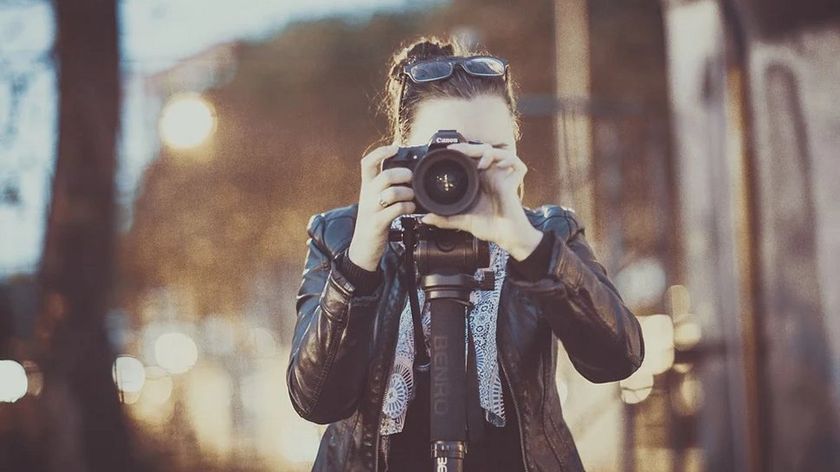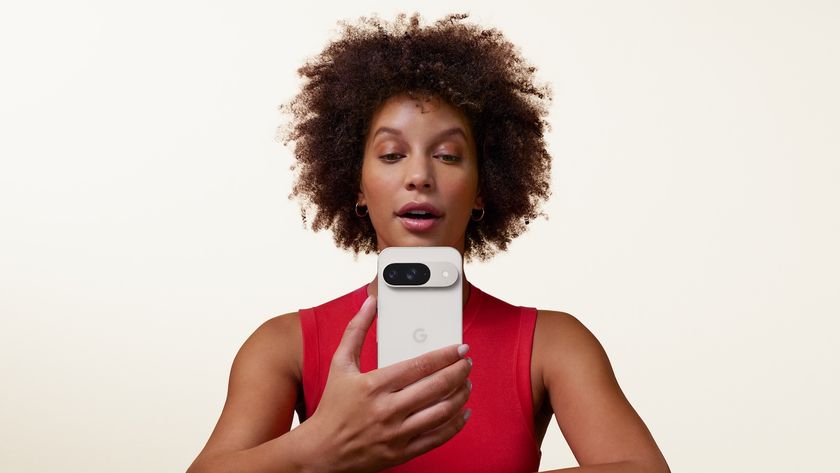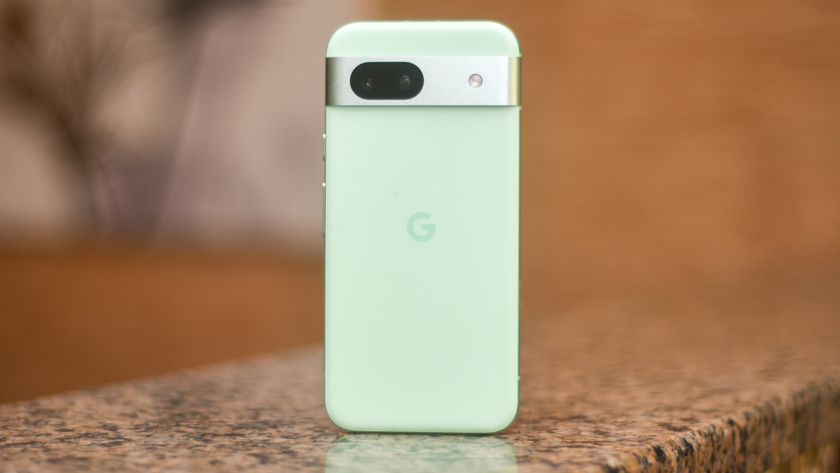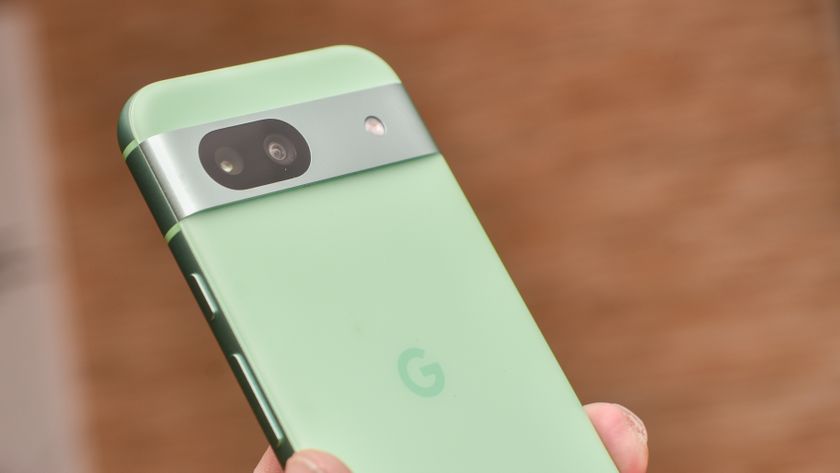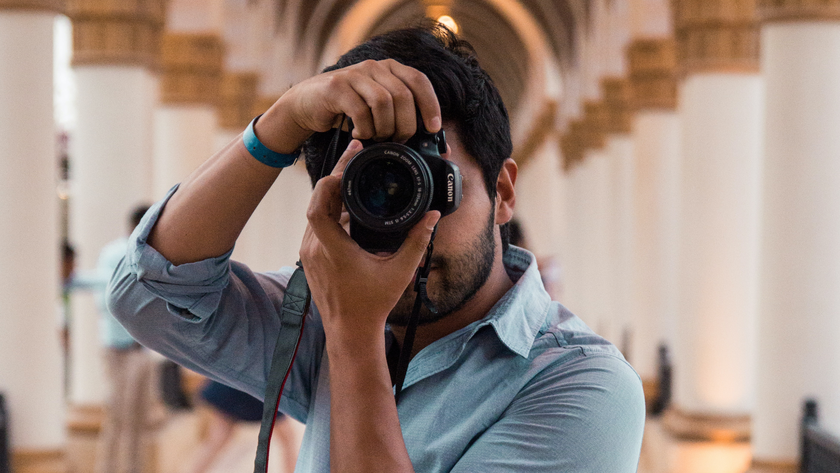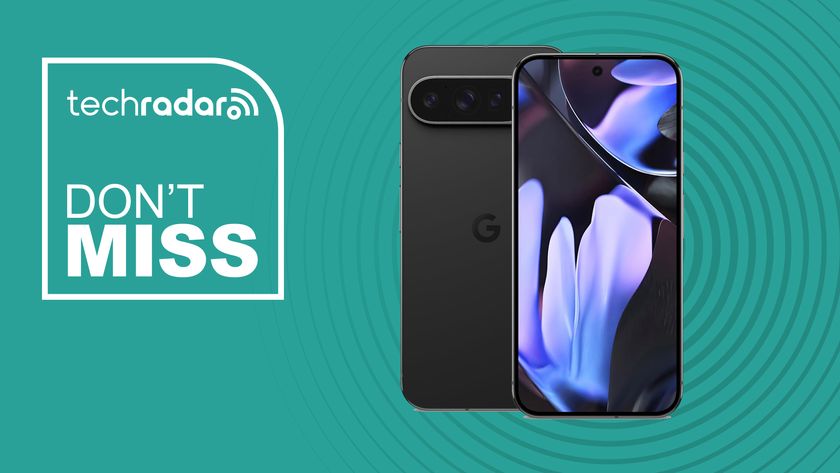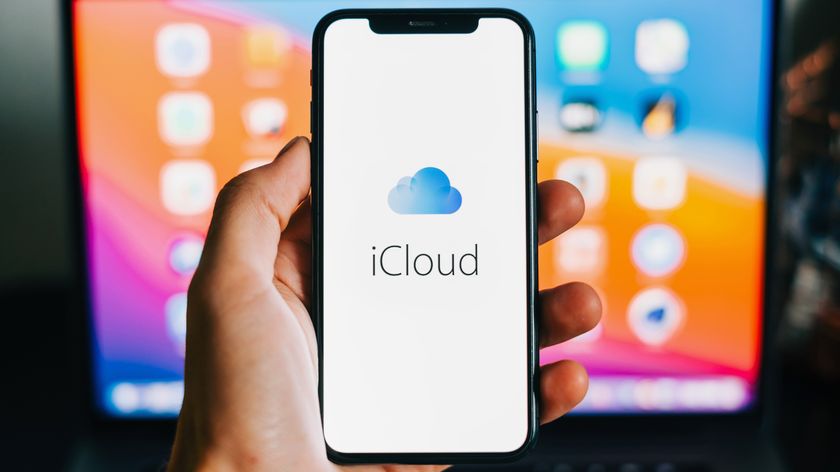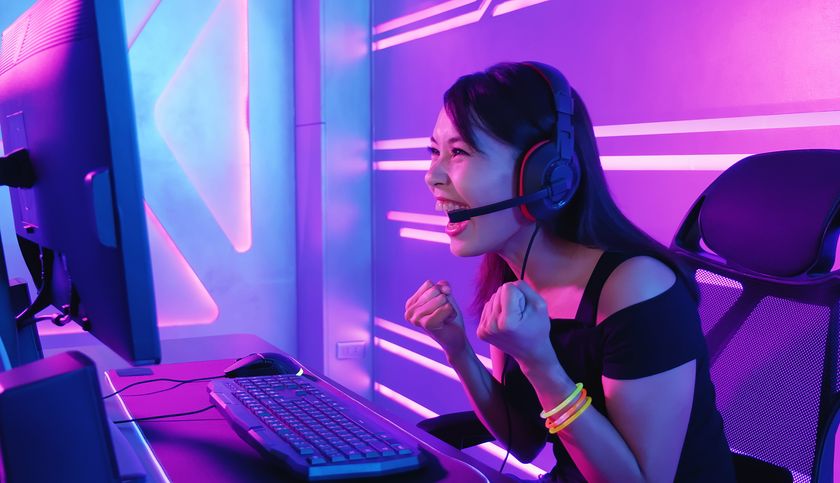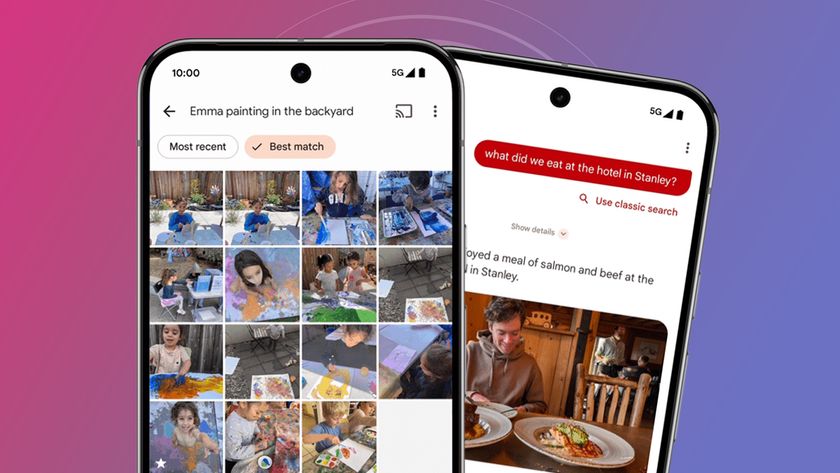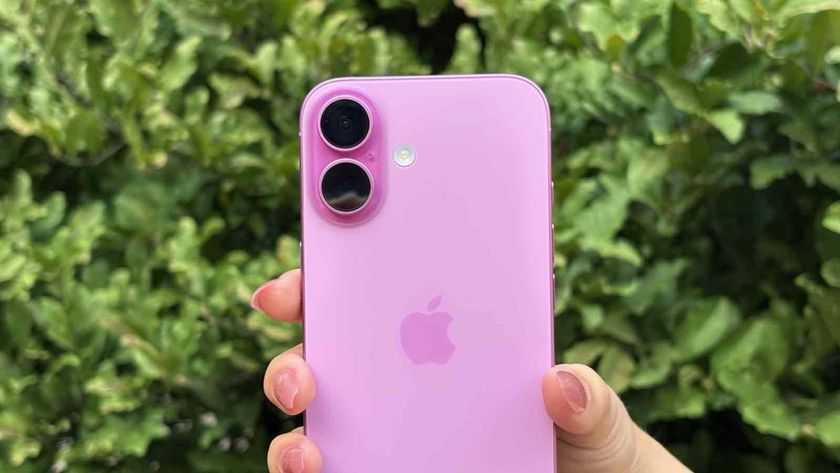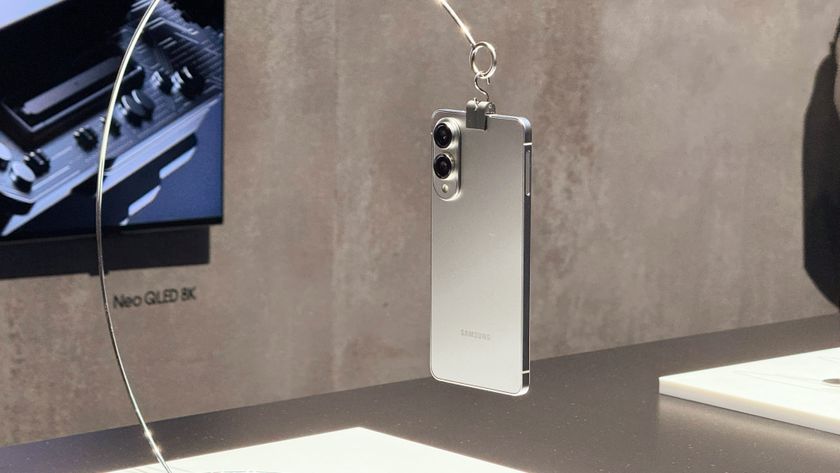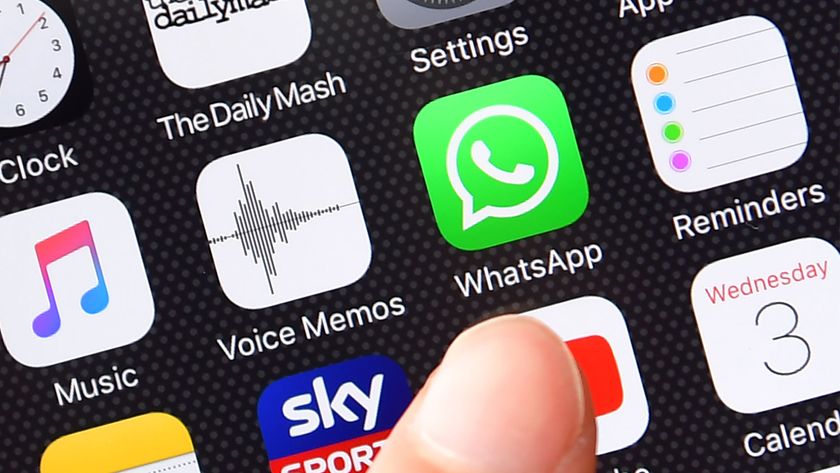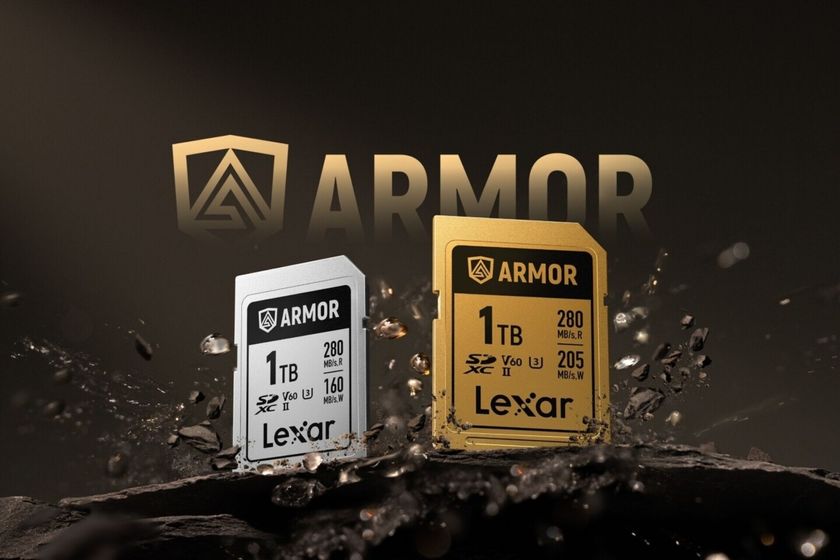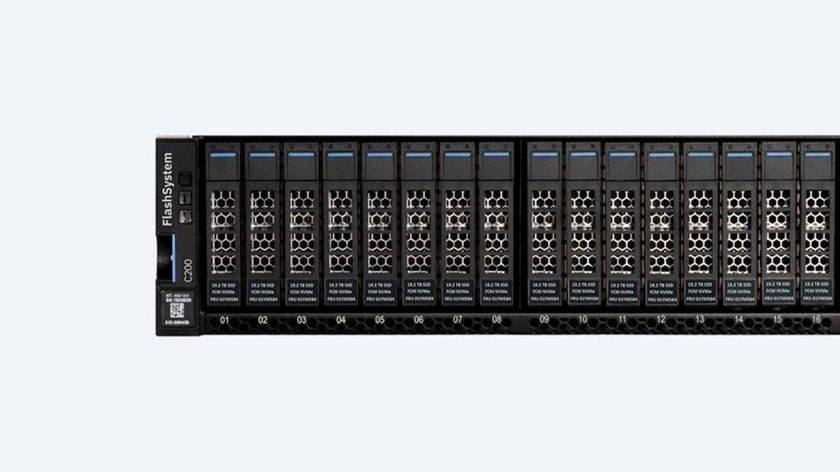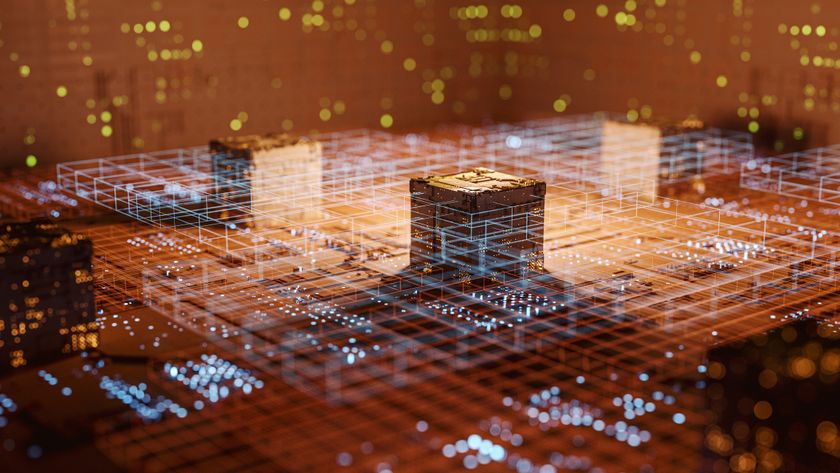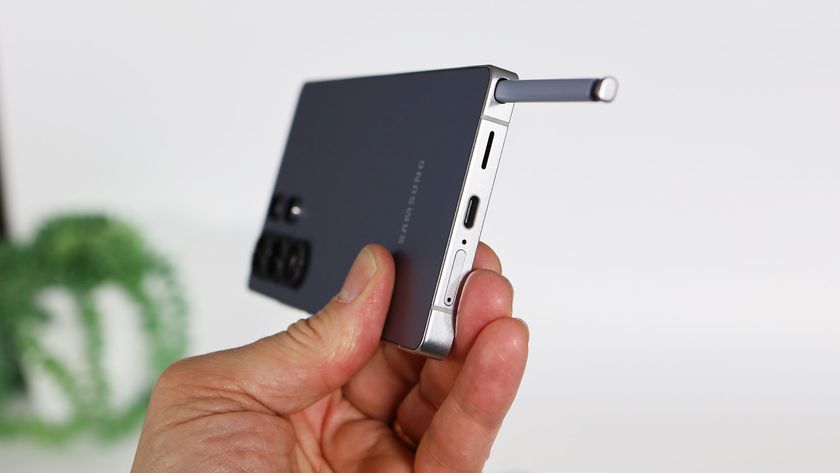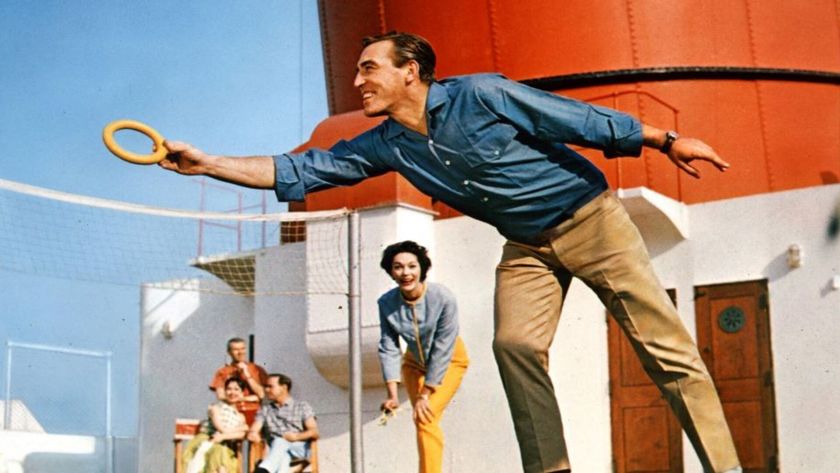Google Photos: what perks do Google Pixel owners get, and is it worth buying one?
Unlimited storage - for some
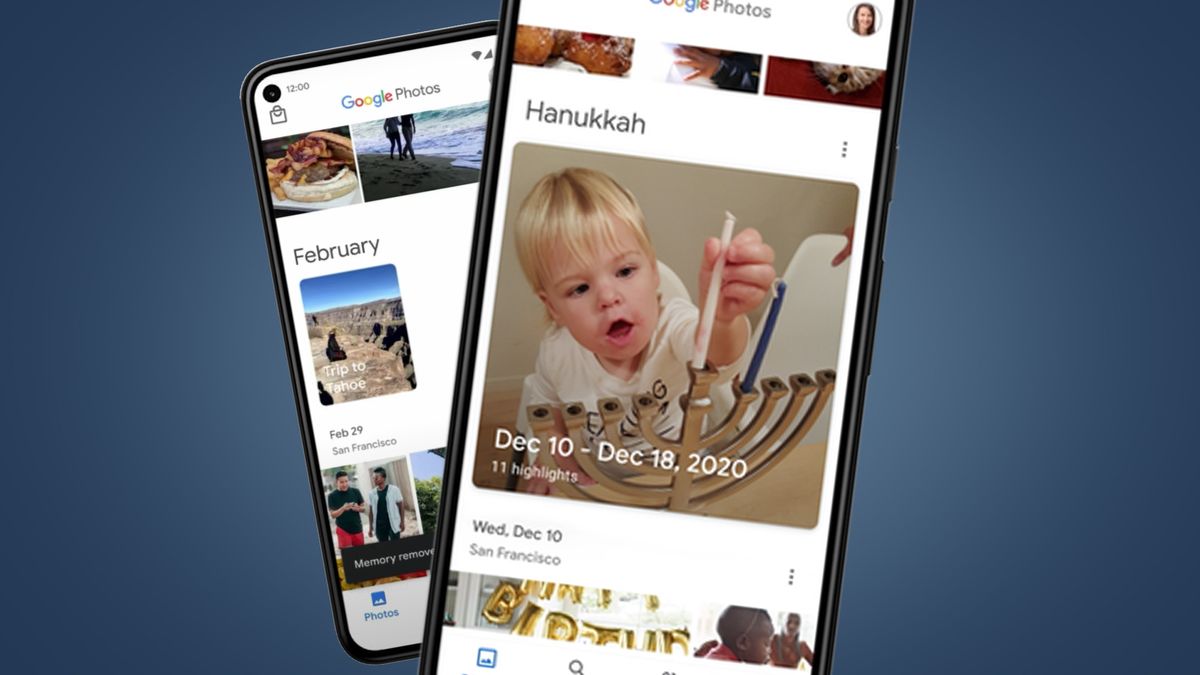
While lots of people depended on Google Photos for its free photo storage, from June 2021 you'll have to pay to use the cloud storage app - that is, unless you own a Pixel phone from Google.
You see, Pixel smartphones were sold with promises of Google Photos perks, and the company can't rightly backtrack from one of the big selling points of the phones.
However, the perks depend on which Pixel phone you own, so some people are getting more Google Photos benefits than others.
If you want to know which perks you get for your phone, we've listed them below. And is it worth buying a new or old Google Pixel phone just for the cloud storage space? We'll explore that too.
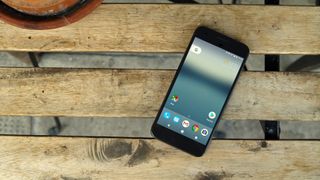
Full-quality backup for 'life'
If you own the original Google Pixel or Pixel XL then you're in luck, because you get to keep your original full-quality back-up for life. You get to remain blissfully unaware of any Google Photos changes.
By full-quality, we mean 'Original' mode, which backs up the photo in the resolution you took it - 'High Quality' is the one which imposes a resolution cap, confusingly.
Just be warned, that when we say 'for life' we don't mean for your life, but your phone's. When your phone bites the dust, and you're forced to buy a new one, this unlimited storage will end. So take good care of that smartphone.
Get daily insight, inspiration and deals in your inbox
Sign up for breaking news, reviews, opinion, top tech deals, and more.
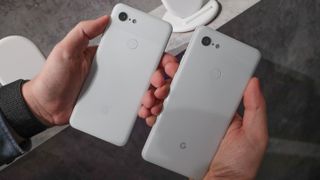
Full-quality backup... for now
After its first-gen Pixel phones, Google stopped offering lifetime Original storage - perhaps it realized offering a free service 'for life' could be costly. Instead, it set a time cap - and if you own a third-gen Pixel phone, you've got some time left.
The Google Pixel 3 and 3 XL get to keep backing up at Original storage until the end of January 2022, and then they'll be dropped down to the lower tier. This offers unlimited 'High Quality' storage, but requires you to pay if your Original photos exceed 15GB.
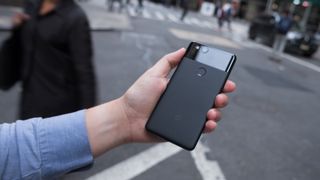
Low-quality backup
- Google Pixel 2
- Google Pixel 2 XL
- Google Pixel 3a
- Google Pixel 3a XL
- Google Pixel 4
- Google Pixel 4 XL
- Google Pixel 4a
- Google Pixel 4a 5G
- Google Pixel 5
The vast majority of Google phones get unlimited High Quality storage. Bear in mind 'High Quality' actually means 'capped at 16GB', and it's Original storage which lets you keep the photos at the resolution you took them.
For most Pixel phones, this cap doesn't matter, as their cameras don't exceed this resolution.
Just bear in mind that if, for whatever reason, you want to store Original photos - maybe from another device - you'll only get 15GB storage before you have to pay. And that storage stacks with what you've used on other Google apps, so if you've got 14.5GB of files on Drive, you could easily get over the limit.
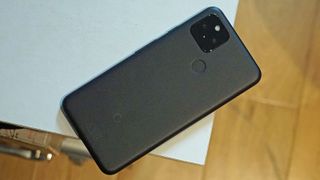
Is it worth buying a Google Pixel phone for Google Photos?
If you're an avid Google Photos user you might be considering buying a Pixel phone just for the benefits, but that might not be the wisest idea.
Why do we say this? Well, while Google Pixel phones aren't exactly pricey, it really doesn't cost much to expand your Google account storage limit by a huge amount. We've got a Google Photos pricing guide so you can see how much it costs but, for a brief overview, it really doesn't break the bank.
In fact, if you buy a Pixel phone for unlimited High Quality storage, you'll probably end up spending more money than if you just bought storage.
Of course, there are other reasons to buy a Pixel phone too, like their stock Android or small bodies. So if you were already considering buying a Pixel phone, this could be enough to sway the balance, but we wouldn't recommend binning a perfectly good phone just for this reason.

Tom Bedford joined TechRadar in early 2019 as a staff writer, and left the team as deputy phones editor in late 2022 to work for entertainment site (and TR sister-site) What To Watch. He continues to contribute on a freelance basis for several sections including phones, audio and fitness.
